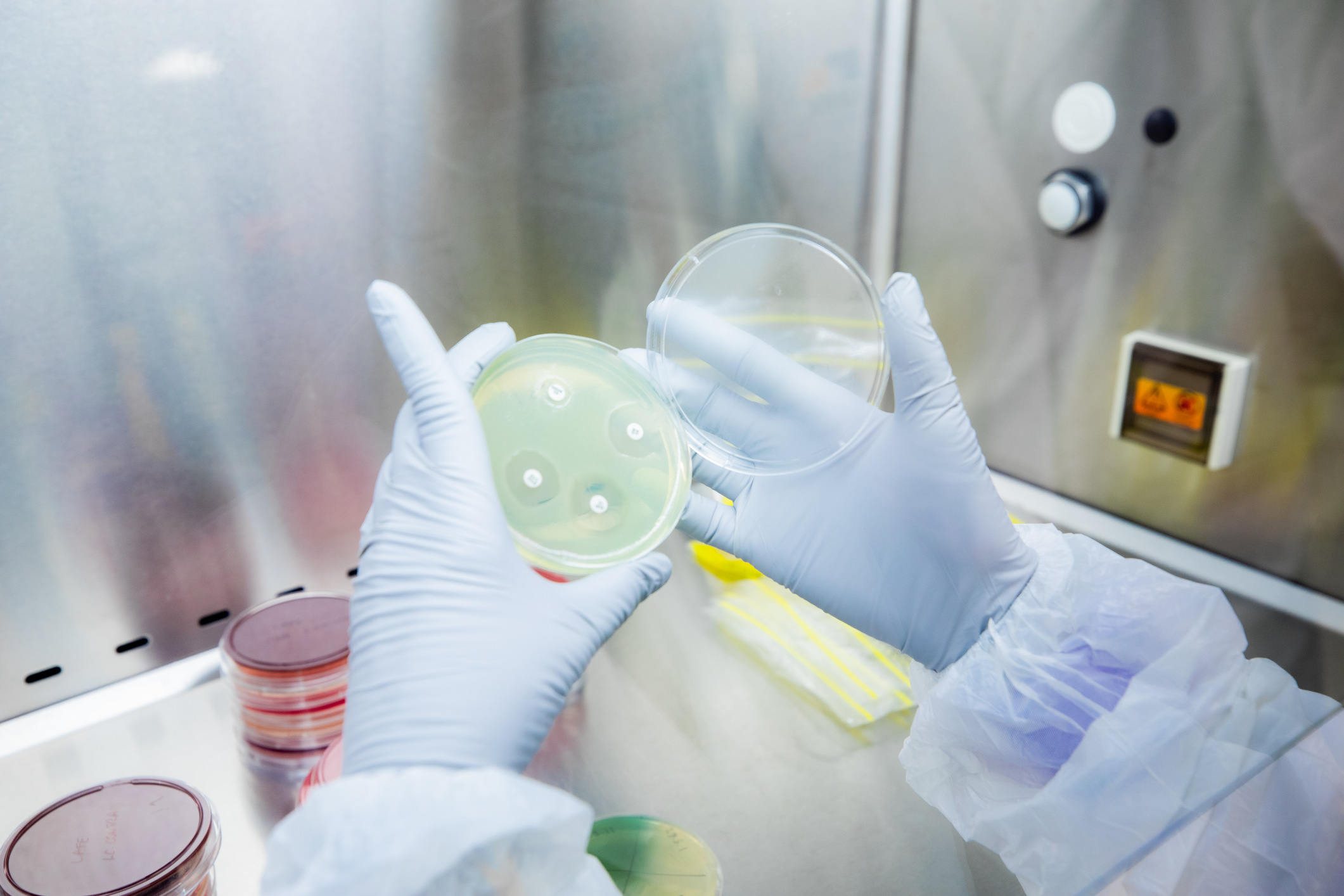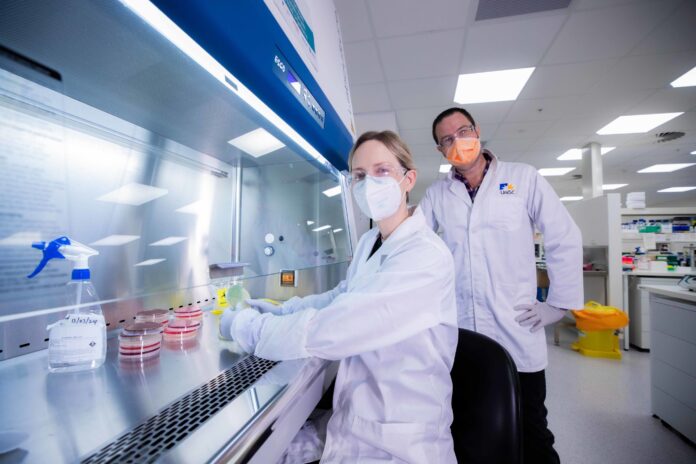A new study is aiming to more effectively diagnose and treat infections associated with an incurable lung disease.
A University of the Sunshine Coast research team has received a $921,000 federal government grant for a $1.5 million project focused on chronic obstructive pulmonary disease.
COPD is a debilitating lung airflow condition that affects a million Australians and last year resulted in more than 7000 deaths.
Flare-ups with associated bacterial, fungal and viral infections hospitalise more than 50,000 Australians aged over 45 annually.
Symptoms of flare-ups include breathing difficulties, coughing and sputum production that can worsen over time, causing irreversible lung damage.
Want more free local news? Follow Sunshine Coast News on Facebook, LinkedIn and Instagram, and sign up for our FREE daily news email.
UniSC Associate Professor Derek Sarovich said the National Health and Medical Research Council Ideas Grant would enable his team to apply its novel ARDaP software, along with cutting-edge molecular diagnostic techniques, to help doctors better identify and treat the myriad pathogens that cause COPD flare-ups.
“Over-prescription of broad antibiotics has led to the emergence of multi drug resistant pathogens that are difficult and, in some cases, impossible, to treat,” Dr Sarovich said.
“This project aims to tackle the antimicrobial resistance crisis by profiling the COPD airway microbiome at an unprecedented molecular level.
“Our combination of laboratory, software, and artificial intelligence technologies will then be used to assist clinicians in providing their patients with highly personalised diagnosis and treatment for existing and future infections.”

This study builds on seven years of respiratory microbiome and antimicrobial resistance research at the Sunshine Coast Health Institute with fellow UniSC Centre for Bioinnovation co-lead Associate Professor Erin Price.
The collaboration includes UniSC PhD researcher and Sunshine Coast Hospital and Health Service respiratory specialist Dr Timothy Baird, SCHHS clinical nurse consultant Jane Neill and Mater Hospital Brisbane respiratory specialist Associate Professor Lucy Burr, who all have a keen interest in improving quality of life and outcomes for their patients with COPD.
Dr Baird said the research aimed to set a new standard for treating chronic respiratory infections.
“As a respiratory physician, I see first-hand the effects of COPD on patients and their families,” he said.
“This research has the potential to transform how we understand, diagnose and manage infections in COPD patients, and importantly, how we better tailor care to improve patient outcomes and reduce unnecessary antimicrobials.”





